TV shows that changed the medium
Television has been a transformative force in entertainment, evolving from a simple medium to a complex art form. Over the decades, certain TV shows have stood out, not just for their popularity but for how they reshaped the landscape.
These shows broke new ground in storytelling, technology, or cultural commentary. As we journey through the history of television, we’ll explore some groundbreaking series that left an indelible mark on the medium.
“I Love Lucy”: Pioneering the Multi-Camera Sitcom

I Love Lucy debuted in 1951 and changed the sitcom landscape forever. Lucille Ball and Desi Arnaz not only starred but also innovated with the multi-camera technique and live studio audience format.
This approach allowed for dynamic editing and instant audience feedback, enhancing the comedic timing. The show’s success was monumental, and its reruns are still beloved today, proving its lasting impact on television comedy.
“The Twilight Zone”: Blurring Genres and Minds
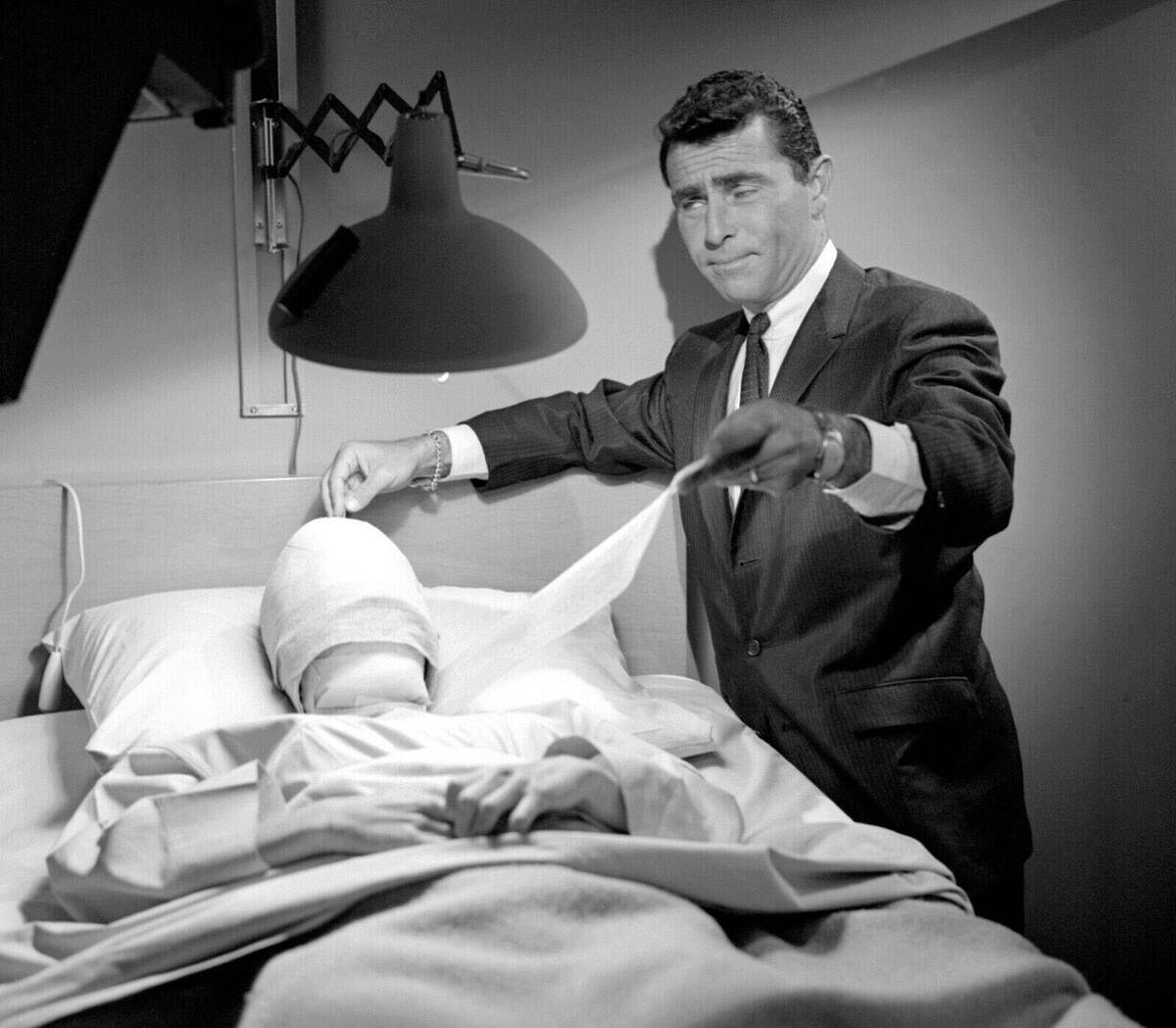
When The Twilight Zone hit the airwaves in 1959, it was unlike anything else on television. Created by Rod Serling, the show masterfully blended science fiction, horror, and fantasy, challenging viewers’ perceptions of reality.
Its anthology format allowed for a new story each week, often with a moral or philosophical twist. The show didn’t shy away from tackling social issues, making it a trailblazer for genre television with a conscience.
“Star Trek”: Boldly Going Where No Show Had Gone Before
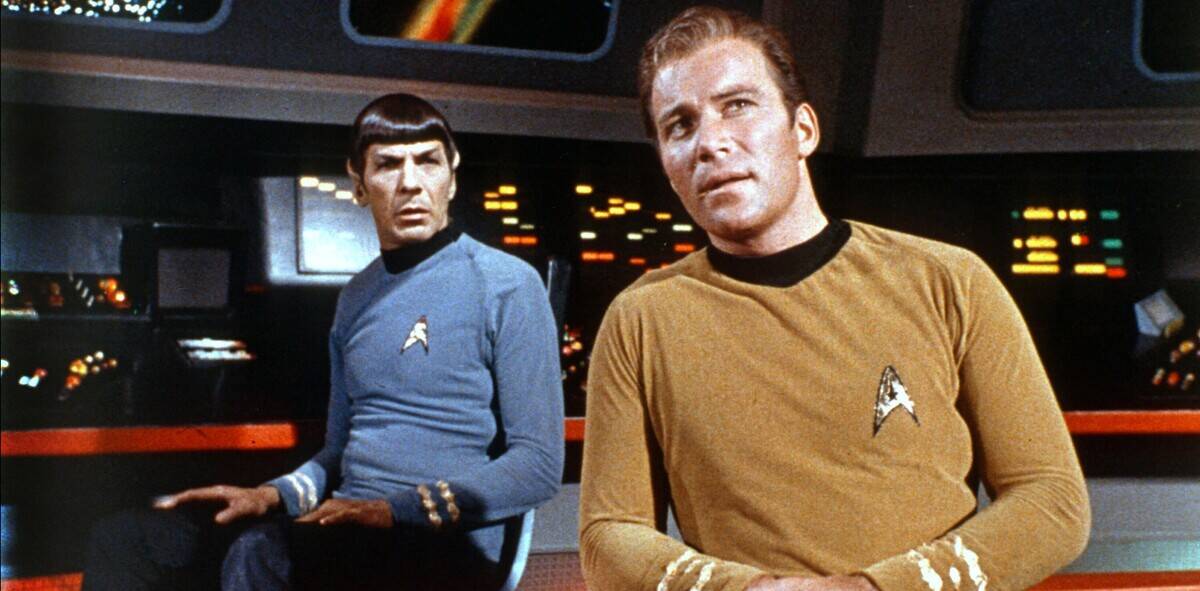
Premiering in 1966, Star Trek was initially a ratings disappointment but later became a cultural phenomenon. Creator Gene Roddenberry envisioned a future where diversity and cooperation were the norm.
The show broke ground with its diverse cast and allegorical storytelling, addressing complex topics like race relations and war. Despite its initial cancellation after three seasons, Star Trek spawned an enduring franchise that continues to inspire generations.
“All in the Family”: Tackling Social Issues with Humor
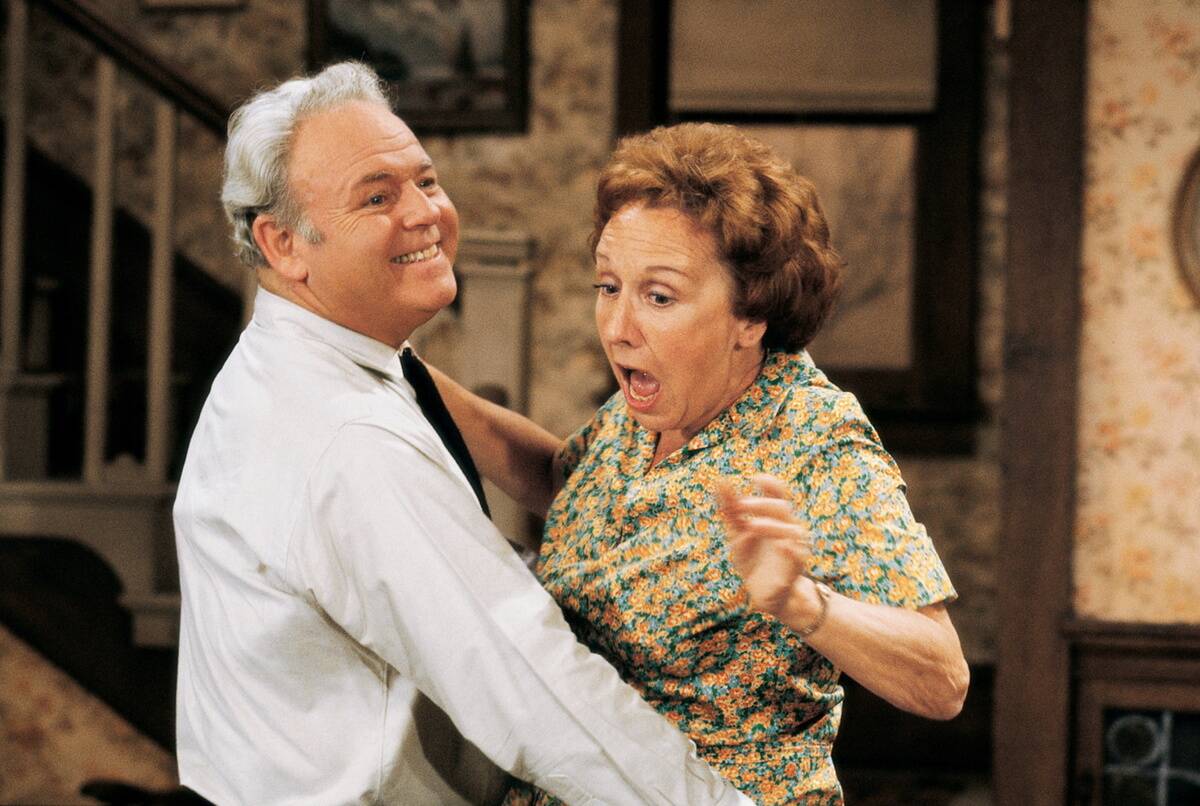
All in the Family debuted in 1971 and quickly became known for its fearless approach to controversial issues. Created by Norman Lear, the show used humor to address topics like racism, sexism, and politics through the lens of the Bunker family.
Its groundbreaking approach made it both a critical and commercial success, earning numerous awards. The show’s impact is evident in how it paved the way for sitcoms that address serious societal themes.
“M*A*S*H”: Mixing Comedy with Serious Drama
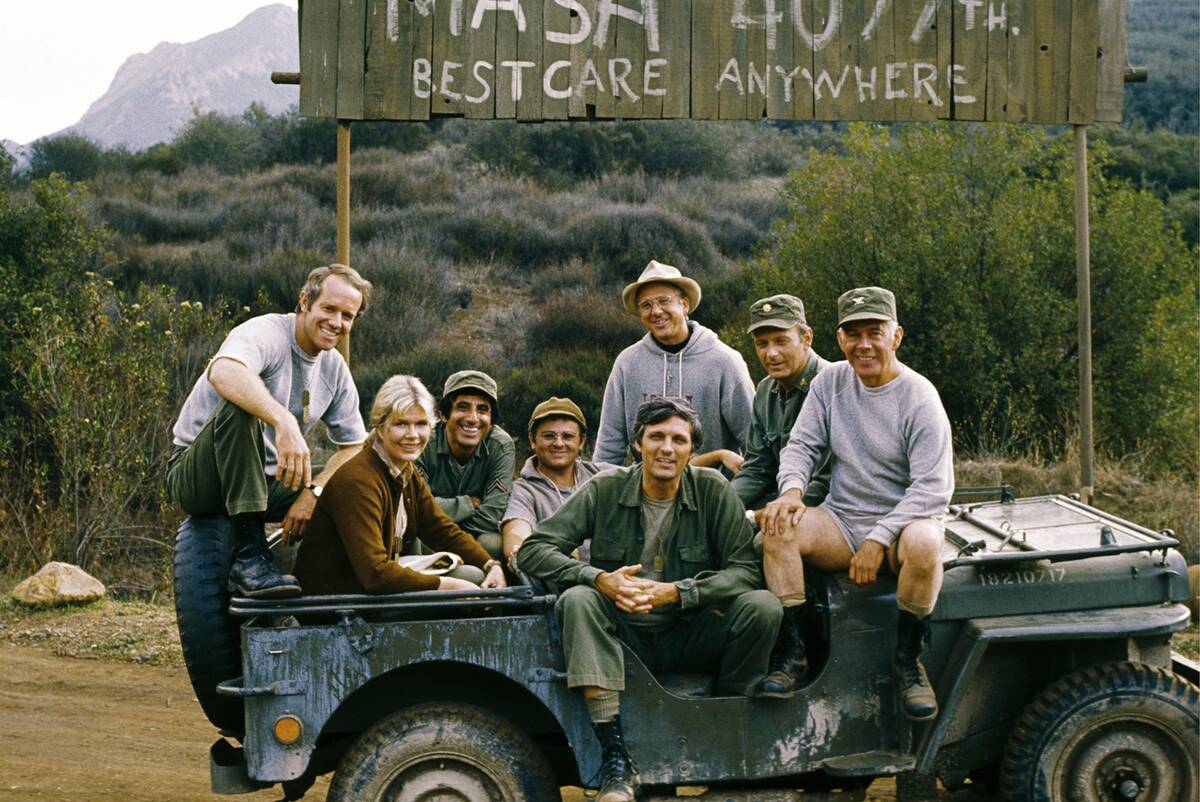
Based on the 1970 film, M*A*S*H aired from 1972 to 1983 and redefined the dramedy genre. Set during the Korean War, the show balanced comedy and poignant drama, resonating with audiences during the Vietnam War era.
Its innovative use of a laugh track and character-driven stories earned it critical acclaim. “M*A*S*H” wasn’t afraid to tackle the harsh realities of war, making it a timeless classic that remains relevant today.
“The Simpsons”: Redefining Animation for Adults

The Simpsons, which premiered in 1989, transformed the landscape of animated television. Created by Matt Groening, the show was one of the first to target a primetime adult audience with its satirical take on American family life.
Its sharp humor and cultural references have kept it fresh over the decades, making it the longest-running American sitcom. The Simpsons opened the door for other adult-oriented animated series, shaping the future of the medium.
“The Sopranos”: Ushering in the Era of the Antihero

When The Sopranos premiered on HBO in 1999, it revolutionized television storytelling. Creator David Chase introduced audiences to Tony Soprano, a mob boss struggling with personal and professional issues.
The show’s complex characters and morally ambiguous narratives set a new standard for TV dramas. It paved the way for other series featuring antiheroes, such as Breaking Bad and Mad Men, and highlighted the potential of cable networks in producing high-quality content.
“Survivor”: The Birth of Modern Reality TV
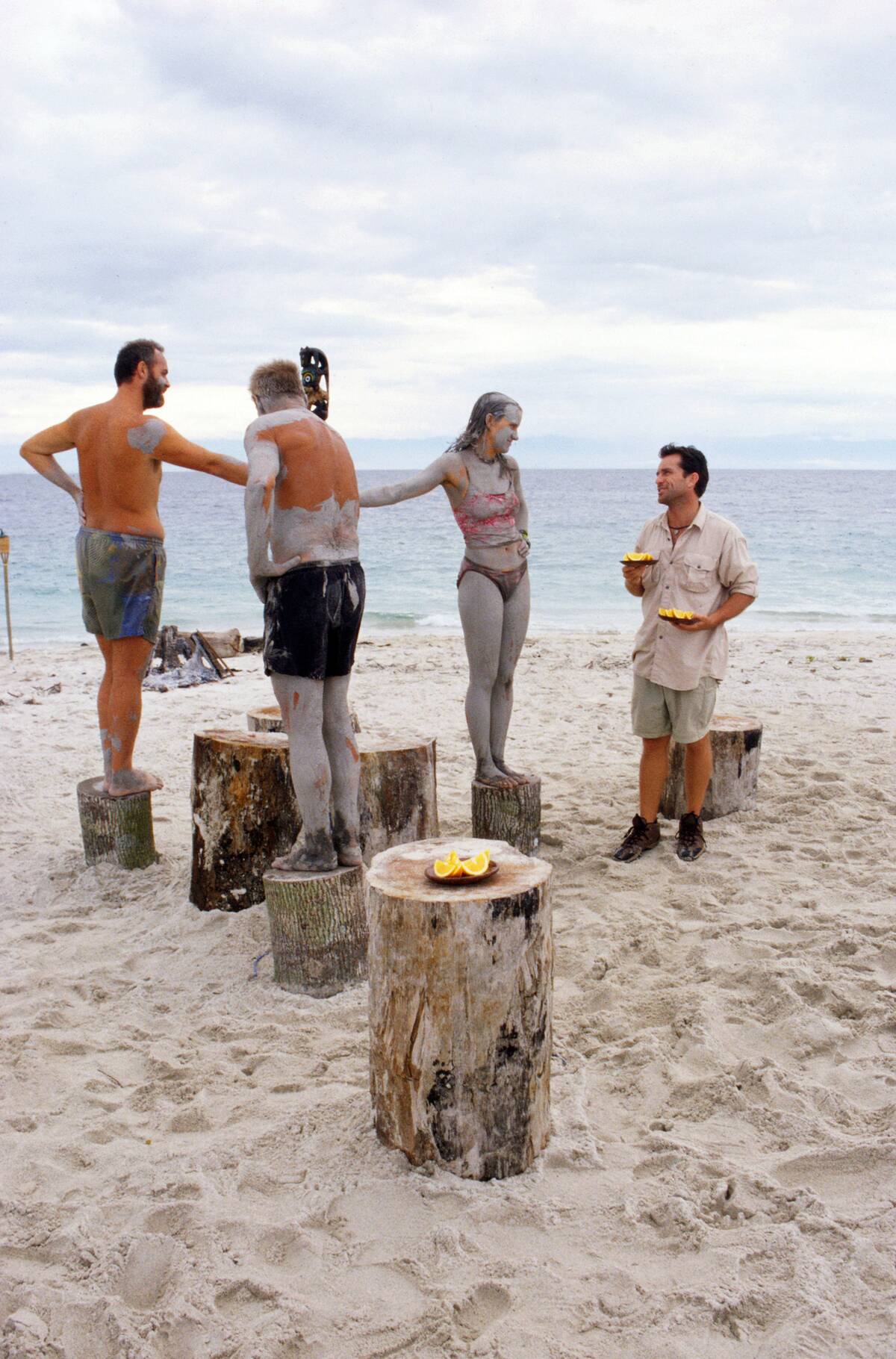
Premiering in 2000, Survivor became a cultural phenomenon and defined modern reality TV. Created by Charlie Parsons, the show strands contestants in remote locations, testing their survival skills and social strategies.
Its innovative format, including the use of confessional interviews and tribal councils, captivated audiences worldwide. Survivor not only sparked a reality TV boom but also demonstrated the genre’s potential for storytelling and viewer engagement.
“The Wire”: A Novelistic Approach to Television Storytelling
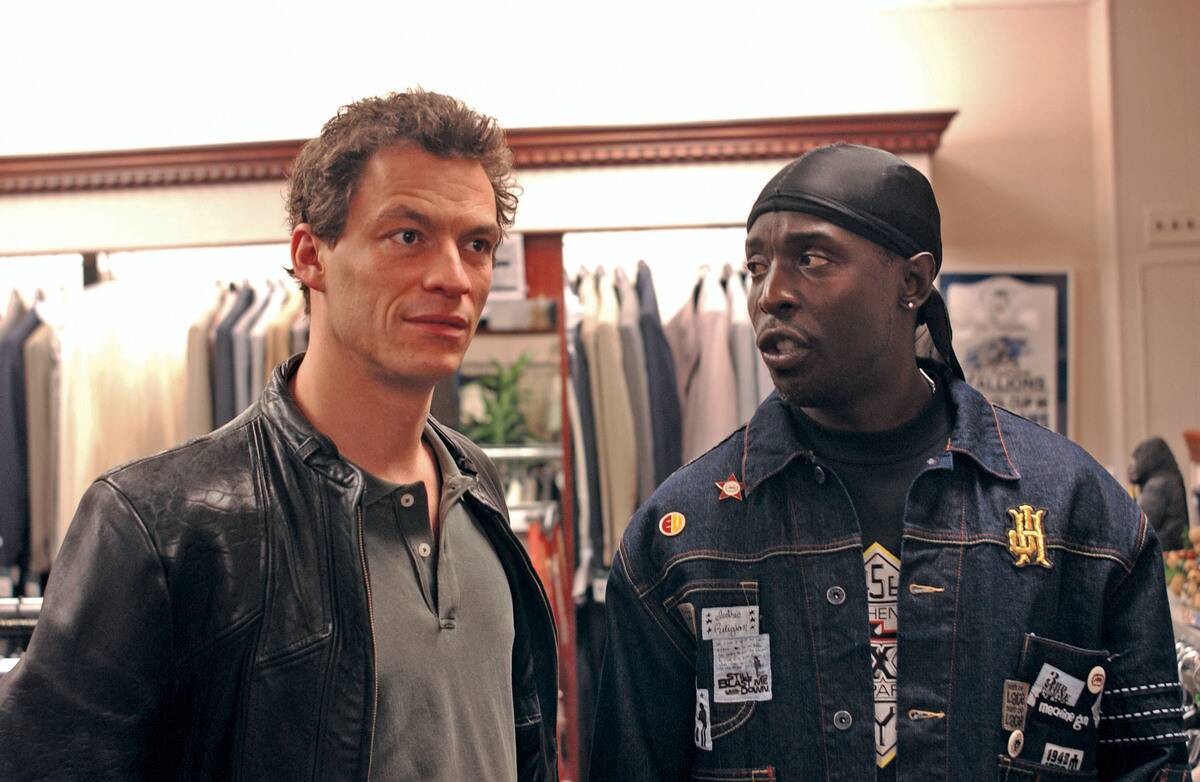
David Simon’s The Wire, which aired from 2002 to 2008, pushed the boundaries of television narrative. Known for its in-depth exploration of Baltimore’s societal issues, the show employed a novelistic approach, with each season focusing on different facets such as the drug trade and education.
Its meticulous attention to detail and character development earned it critical acclaim. The Wire is frequently cited as one of the greatest TV series, influencing how stories are told on the small screen.
“Breaking Bad”: Mastering the Art of Character Evolution
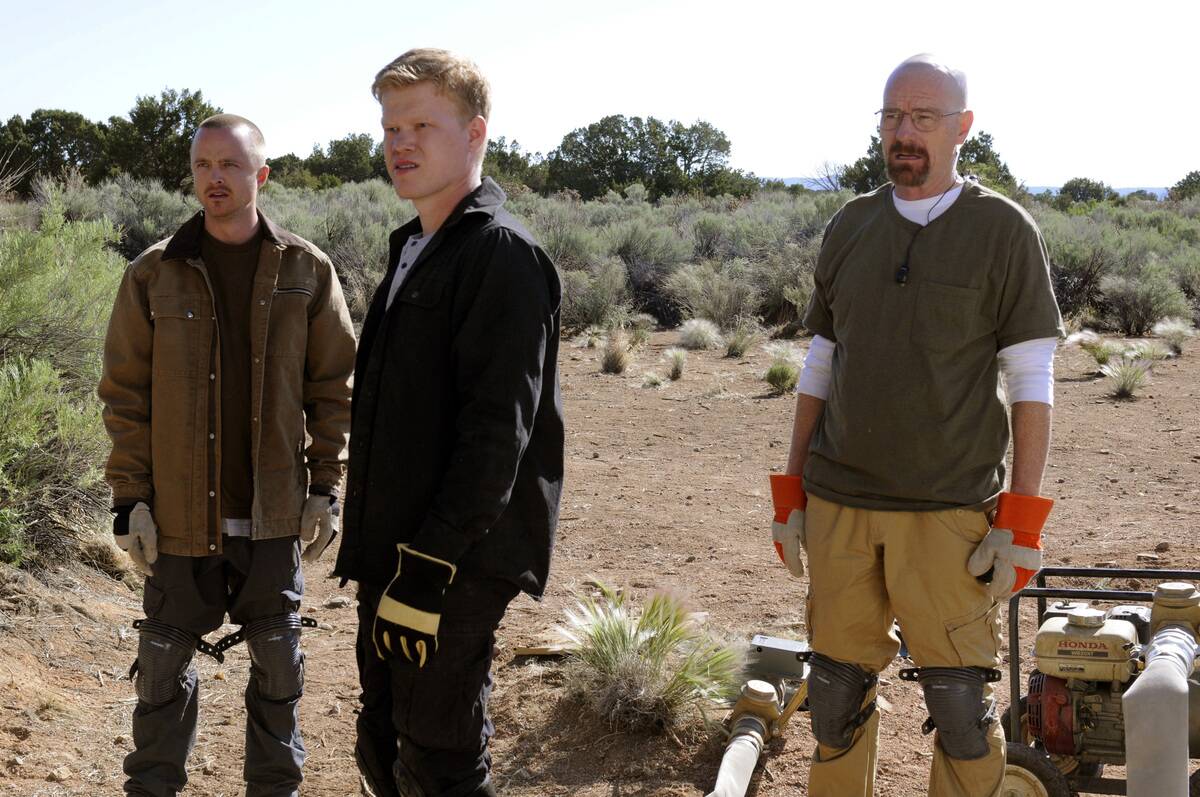
Breaking Bad, which aired from 2008 to 2013, captivated audiences with its intense storytelling and character evolution. Created by Vince Gilligan, the series follows Walter White’s transformation from a mild-mannered teacher to a ruthless drug kingpin.
The show’s attention to detail and moral complexity won it numerous awards and a dedicated fanbase. Breaking Bad set a high bar for character-driven narratives, influencing countless shows that followed.
“Game of Thrones”: Epic Fantasy on the Small Screen

When Game of Thrones premiered in 2011, it brought epic fantasy to television on an unprecedented scale. Based on George R.R. Martin’s novels, the show featured sprawling storylines, intricate political plots, and stunning visuals.
Its unpredictable narrative, where no character was safe, kept viewers on the edge of their seats. Game of Thrones achieved massive global popularity and demonstrated the potential for high-budget, cinematic television productions.
“Black Mirror”: A Dark Reflection of Modern Society

Since its debut in 2011, Black Mirror has captivated audiences with its dystopian take on modern technology’s impact. Created by Charlie Brooker, the anthology series explores themes like surveillance, social media, and virtual reality, often with a darkly satirical edge.
Each standalone episode serves as a cautionary tale, prompting viewers to reflect on the consequences of technological advances. The show’s unique storytelling has made it a critical darling and a cultural touchstone.



